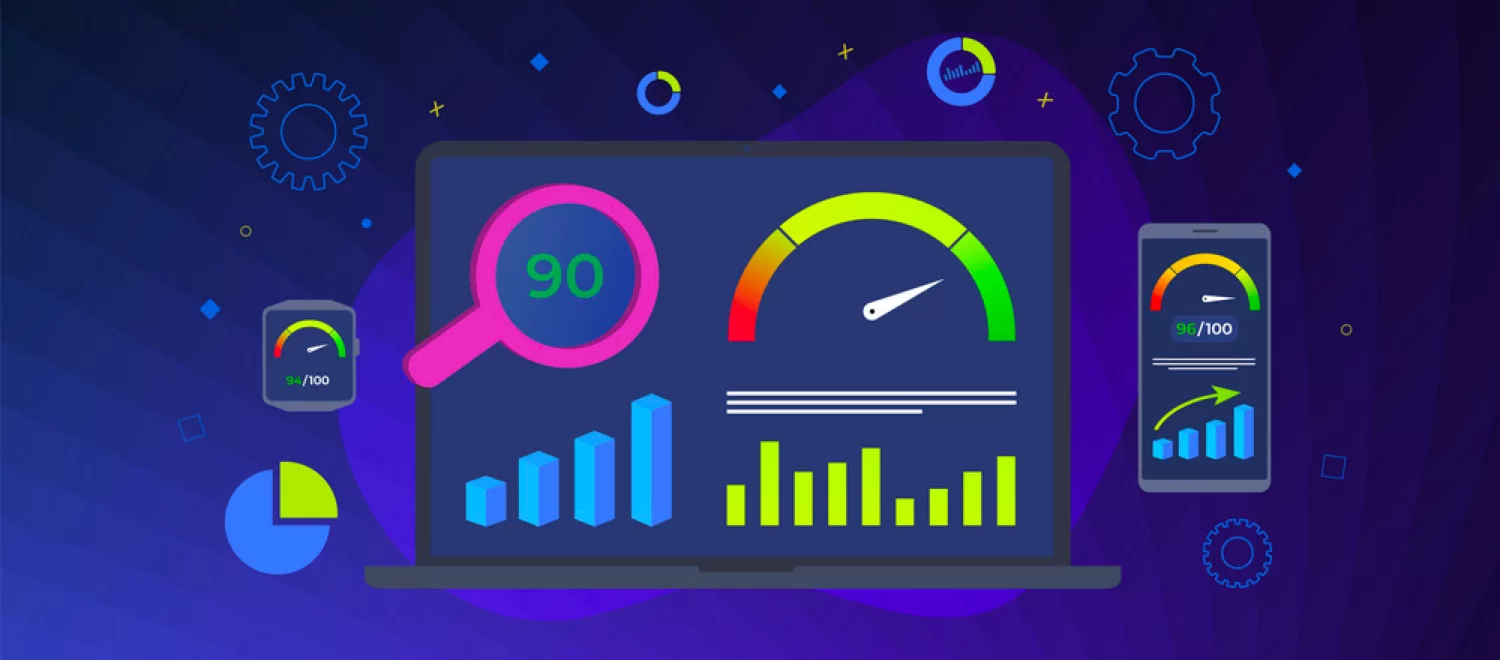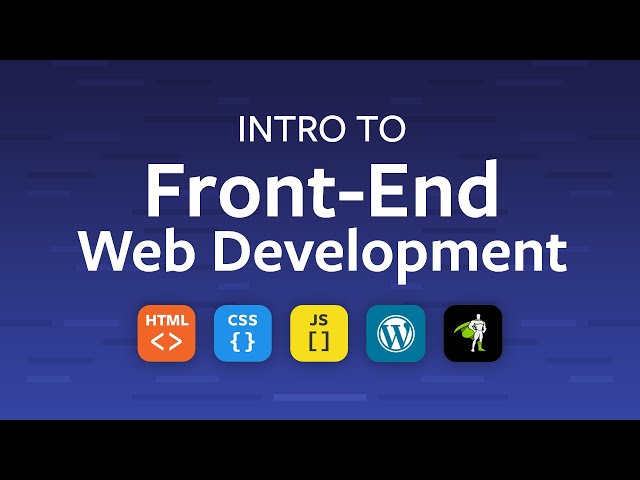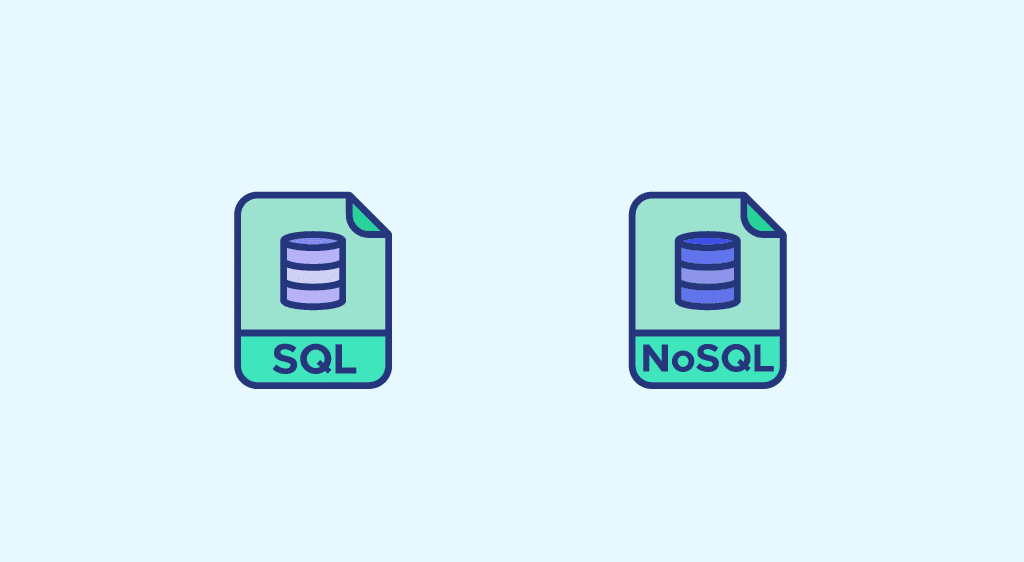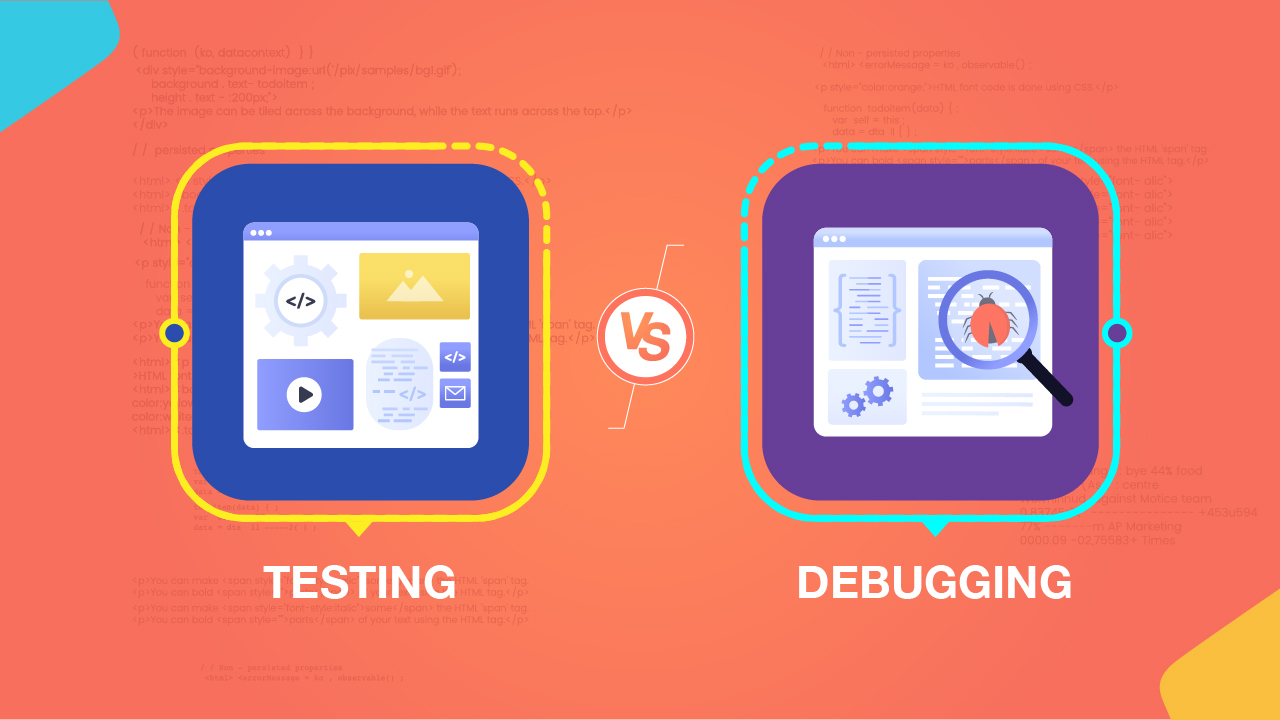Accelerate Your Site: Effective Website Speed Optimization Strategies
Website speed optimization is crucial for enhancing user experience, improving search engine rankings, and increasing conversions. A slow-loading website can frustrate visitors, leading to higher bounce rates and lower engagement. Optimizing your site’s speed ensures faster load times, better SEO performance, and improved customer satisfaction.
Why Website Speed Optimization Matters
Search engines like Google prioritize fast-loading websites, making speed a key ranking factor. A well-optimized site like webdevelopmentco.com not only attracts more visitors but also keeps them engaged longer. Faster websites also enhance mobile usability, providing a seamless browsing experience across devices.
Effective Website Speed Optimization Techniques
1. Optimize Images and Media Files
Large images and videos slow down page loading times. Compressing images using tools like TinyPNG or WebP format helps reduce file sizes without compromising quality.
2. Enable Browser Caching
Caching allows frequently accessed data to be stored temporarily, reducing load times for returning visitors. This improves overall site performance and enhances the user experience.

3. Minimize HTTP Requests
Reducing the number of scripts, stylesheets, and plugins helps lower HTTP requests, speeding up website loading times. Combining CSS and JavaScript files can further optimize performance.
4. Use a Content Delivery Network (CDN)
A CDN distributes website content across multiple servers worldwide, allowing users to access data from the closest server. This significantly reduces latency and improves site speed.
5. Optimize Server Response Time
Choosing a reliable hosting provider, upgrading to a faster server, and reducing database queries can improve server response times, leading to a faster website.
6. Enable Lazy Loading
Lazy loading delays the loading of non-essential images and content until they are needed, ensuring that only visible elements load first. This enhances page speed and improves performance.
Conclusion
Website speed optimization is essential for enhancing user experience, improving SEO rankings, and driving more conversions. Implementing best practices like image compression, caching, and using a CDN ensures your website loads quickly and efficiently. Prioritizing speed not only benefits search engine performance but also keeps visitors engaged and satisfied.







